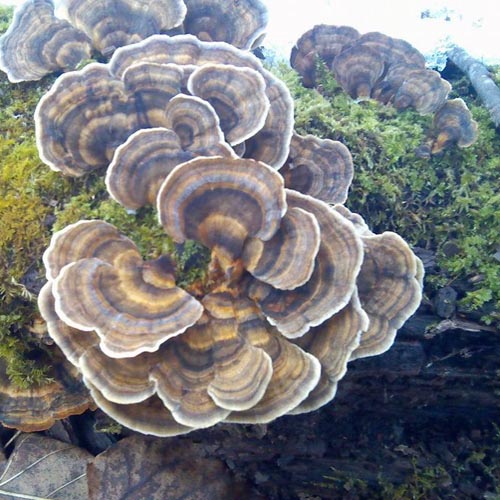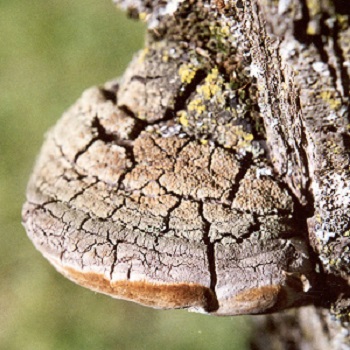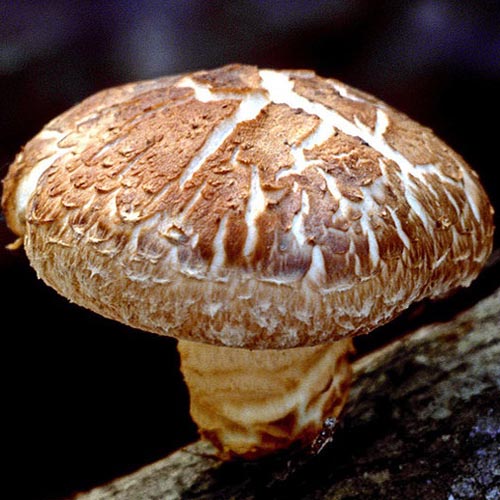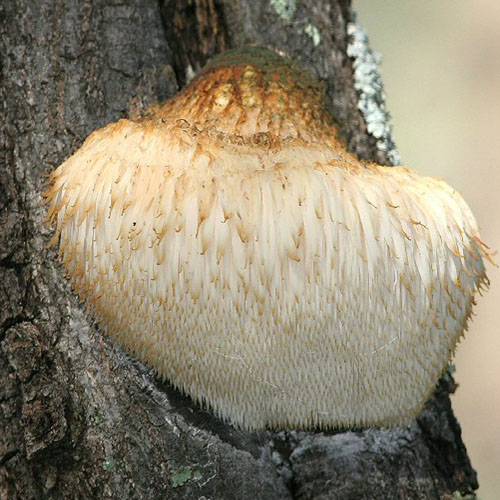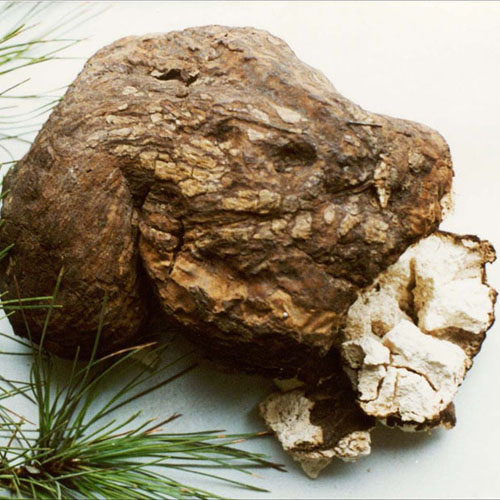- Chinese Name Yun Zhi 云芝
- Latin Name Coriolus versicolor
- Other Names Trametes Versicolor, Turkey Tail Mushroom, Kawaratake, Cloud mushroom, PSK , PSP
- Used Part Fruit Bodies
- Specification Powdered Extract
Coriolus Mushroom Extract Powder
Description
What Is Turkey Tail Mushroom?
Turkey Tail or Coriolus Versicolor, also known as Yun Zhi in China and Kawaratake in Japan, is most commonly known as Trametes Versicolor “The Turkey Tail Mushroom”.
Turkey Tail Mushrooms are the most common fungi in the world, and one of the most studied due to their potential in strengthening the immune system.
Turkey Tail Mushrooms are found worldwide, mainly on various types of trees, branches and logs. They are called Turkey Tail due to their unique apperance, which in Asia represents longevity, health and immortality.
Turkey Tail Mushroom History
Turkey Tail Mushroom grows naturally worldwide in all types of forests although it is primarily found on deciduous trees. Numerous strains of Turkey Tail Mushroom have been investigated, analyzed and chosen for their production of beta-glucans. In the 1980’s scientists in Japan and China utilized Trametes to develop new two new drugs: PSK and PSP. These drugs are manufactured using fermentation of mycelium in liquid culture. The process generates very unique protein-bound polysaccharides. These compounds are concentrated and refined into very powerful drugs, and some of the few mushroom-based products that have actually progressed through clinical trials and have been approved by government agencies for use.
What Are The Health Benefits Of Turkey Tail Mushrooms?
Coriolus is known for its strong antiviral, antimicrobial and antitumor properties. These properties have been attributed to two polysaccharides, polysaccharide-K (PSK), also known as krestin, and polysaccharide-P (PSP). The Japanese government approved the use of PSK in the 1980s for treating several types of cancers, and it is currently used along with surgery, chemotherapy and radiation. PSK was shown to significantly extend survival at five years or beyond in cancers of the stomach, colon/rectum, esophagus, nasopharynx and lung (non-small cell types) in Japanese trials since 1970.
Polysaccharide-P (PSP) was discovered more recently and has been studied mainly in China. In double-blind trials, PSP significantly extended five-year survival in esophageal cancer patients. PSP significantly improved quality of life, provided substantial pain relief and enhanced immune status in 70-97 percent of patients with cancers of the stomach, esophagus, lung, ovaries and cervix.
Both PSK and PSP boosted immune cell production and alleviated chemotherapy symptoms. Research indicates that PSP may slow the growth of certain tumors and help protect the immune system, particularly from the effects of cancer treatment.
A recent study at the Univeristy Of Minnesota reported that Trametes Versicolor (Turkey Tail) may boost immunity in women with breast cancer. Those who consumed Turkey Tail had enhanced immune function without any side effects.
Turkey Tail Mushrooms are also prescribed in Traditional Chinese Medicine to reduce phlegm in the body, to calm the mind, support digestion, reduce infections and promote vitality.
Turkey Tail Mushroom Research
- Yang QY. et.al., A new Biological Response Modifier – PSP. Mushroom Biology and Mushroom Products, Proceedings from 1st International Conference, Hong Kong, 1993.
- Sakagami, H. Takeda M., Diverse Biological Activity of PSK (Krestin), a Protein-bound Polysaccharide from Coriolus versicolor. Mushroom Biology and Mushroom Products, Proceedings from 1st International Conference, Hong Kong, 1993.

